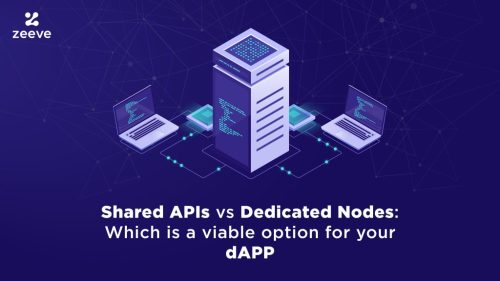
Shared APIs vs Dedicated Nodes: Which is a viable option for your dApp
For any type of blockchain development, be it a decentralized application, customized blockchain-powered solutions, or smart contracts, web3 developers need to communicate with the blockchain and utilize the data. Shared APIs and RPC node endpoints offer a gateway for decentralized applications to obtain necessary data and share information with the blockchain.
Let’s say you’re building a web3 wallet and request to transfer 10 ETH to a specific address. For this, the wallet interface needs to check the wallet balance on the distributed ledger and then send the requested transaction to the blockchain for verification and completion. Wallets or any dApp cannot directly communicate with the blockchain, they use RPC nodes and APIs to access data and thereby process user requests. Knowing that shared APIs and dedicated nodes are integral for dApp development, this guide explains what RPC nodes and shared APIs are, how these work, and which component is a viable option for your dApp.
What are shared APIs?
Shared APIs are the shared endpoints in the RPC nodes that allows multiple users (clients) to request data from a single node which is setup and managed by node service providers. The term ‘shared’ implies that multiple applications can access the same API and request data simultaneously.
Though shared, these APIs are not open to be used publicly. Instead, these are made available to a specific set of users or applications that are authorized to access the endpoints. These API endpoints are designed to allow developers to have authenticated access to RPC endpoints for using APIs to interact with various blockchain networks for the purpose of querying, retrieving, and sharing data such as transaction details, smart contract logics, and other blockchain-powered assets.
Connecting to shared API endpoints is a viable option for businesses that rely on blockchain data, but their requirement is less. In line with API endpoints, dApps should ideally utilize developer APIs that expand their existing API support to new, emerging blockchain networks to meet the evolving development needs.

Read more about Developer APIs from this detailed guide.
What are dedicated nodes?
Dedicated nodes are the RPC nodes that allow you to leverage the benefits of shared API endpoints, as well as benefits such as ownership of a single node, full decentralization, highly efficient RPC calls, and much more. As the node endpoints are only available to you, the RPC calls become more efficient and supereasy with an added layer of security and reliability for connecting to blockchain networks.
RPC nodes are ideal for organizations requiring an added layer of security and full control over their communication to the blockchain networks. Advanced web3 dApps, exchanges, and sophisticated DeFi apps often rely on dedicated RPC nodes as they access a range of blockchain data and execute bulk transactions on a regular basis, hence reliability is important for them. Full nodes are known to be the most prevalent RPC nodes that help dApps retrieve, broadcast, and verify transactions directly from the node without using a blockchain explorer.
Read more on: What’s a full node? How does it work?
Shared APIs vs running your own Dedicated Node: Which is perfect for your dApp
Developers can leverage APIs or dedicated nodes separately or can combine them corresponding to the requirements. Below is a quick comparison of APIs and RPC nodes that will help you decide which component is more suitable for your dApp development:
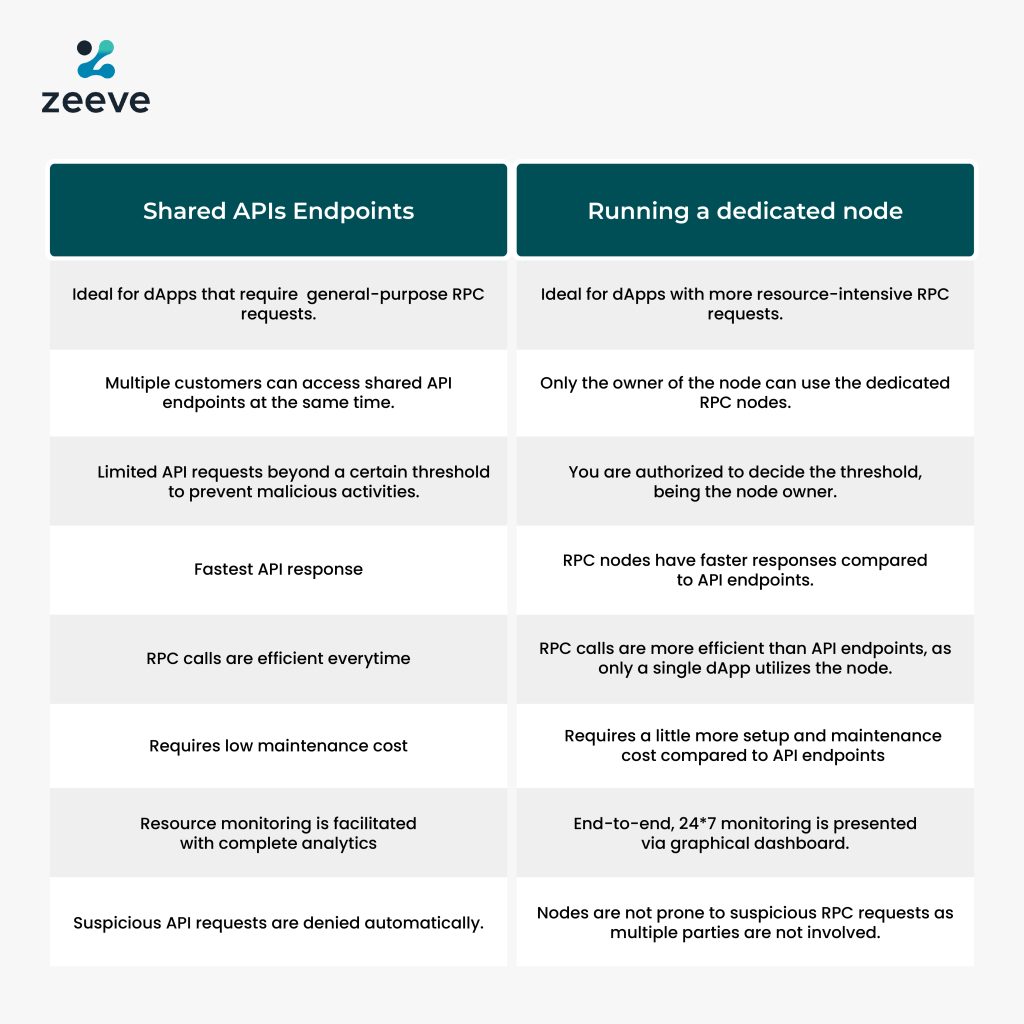
Important Factors to consider for choosing APIs and RPC Nodes
While Shared APIs and dedicated RPC nodes are different components, both are useful for dApp developers based on their project-specific needs and SLAs. However, there are some factors you should consider before making a choice as to what benefits you seek to leverage. Let’s go through a quick analysis in this respect:
Maintenance cost
Shared APIs are the endpoints managed by a third-party node-as-a-service provider. Thus, it does not require heavy hardware requirements or technical maintenance support. You simply need permission to access the endpoints, and then, you can request data via RPC calls. RPC nodes require maintenance of node infrastructure and resources and hence the cost is slightly higher on the node side. That said, node compensates for the costing with reliable API requests and excellent response time.
Connectivity with the blockchain
Working with a trusted RPC service provider, you leverage enterprise-grade API connectivity. You can quickly configure your dApp, smart contracts, send/receive transactions, and retrieve data from the blockchain with no connectivity issues. Likewise, RPC nodes are set up and available only for your dApp, which makes the data connectivity with the blockchain even more robust, resulting in seamless accessibility.
Monitoring & Round-the-clock support
Since shared APIs requires you to access third-party endpoints, the service provider is responsible to provide 24*7 support, ensuring the endpoints work as expected and all the recurring issues are solved on time. On the other hand, RPC node providers keep on adding new features to their services. The most industry-relevant feature is the real-time monitoring and analytics of nodes. You can see how well your node is performing, where it is lacking, and how it can improve. Additionally, you can customize the monitoring parameters to see more granular analytics.
Customization
Web3 developers usually need to customize their RPC calls and pull event-specific data from the blockchain. While shared APIs provide all types of data to the dApps, a dedicated RPC node stands apart by allowing them to further customize the RPC endpoints and utilize them to pull required data from the blockchain.
Shared APIs and Dedicated node: Use cases and example
Shared APIs and dedicated nodes are being utilized across major industries to build dApps relevant to their business and maintain the ongoing operation. Following are the some of the real-world use cases and examples of APIs and RPC nodes in dApp development:
Web3 wallets
Wallet development using the APIs suite and RPC nodes becomes easier. These wallet dApps, built on the top of blockchain, need to interact and exchange transactional data from blockchain networks. Popular wallets like Metamask, CoinBase Wallet, and Trust Wallet use dedicated RPC nodes and APIs endpoints to execute transactions, interact with various smart contracts, and fetch data from blockchains.
Crypto Exchanges
Crypto exchange companies leverage nodes and APIs for quick development of exchanges and seamless operation. Platforms like Uniswap, PancakeSwap, and SushiSwap are heavily reliant on APIs and RPC nodes to have uninterrupted communication with the blockchains to execute trade, fetch information about digital assets, access liquidity pools, and retrieve real-time market data.
NFT Marketplaces
NFT marketplaces facilitate buying, selling, and trading of NFT-powered one-of-a-kind digital assets. Using RPC nodes and API endpoints, the marketplace fetch NFT metadata from the distributed ledger, verify unique ownership, and update the asset listing based on real-time transactions.
Gaming dApps
Gaming dApp platforms such as Decentraland, Axie Infinity, and Gods Unchained leverage RPC nodes along with a range of APIs to execute smart contract transactions, manage in-game assets via NFTs, and validate cross-platform transactions, driving great gameplay experience to the players.
Wrapping up
Shared APIs and RPC nodes are designed to establish and consistently improve the dApp connectivity with the blockchain. This guide is a means to explain to you the unique USPs of APIs and nodes so that you choose a viable option. Node providers like Zeeve are simplifying the dApp development by allowing startups, enterprises, and individual web3 developers to run full/dedicated, archived, and validators nodes through an easy, low-code approach. Within a few minutes, you can set up your RPC and start using the RPC endpoints once the node starts running. You’ll access all the benefits of RPC nodes completed with high-class node maintenance and resource monitoring practices without the frustration of managing hardware and node infrastructure. Contact web3 experts at Zeeve to understand more about our services or discuss your project requirements with us.


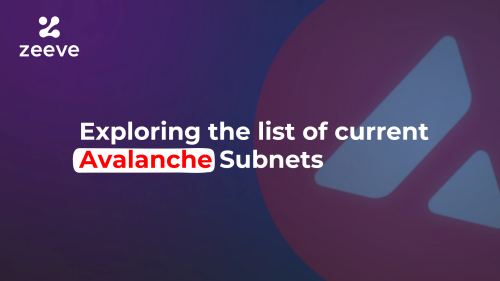
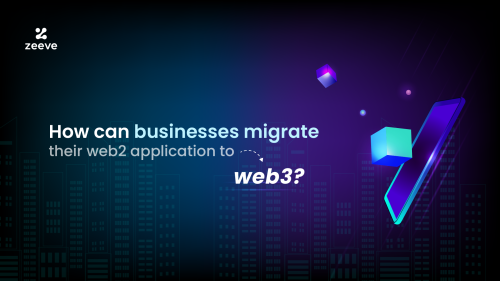
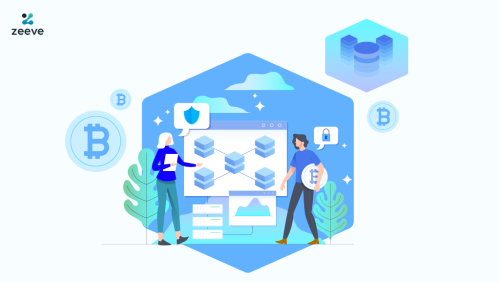
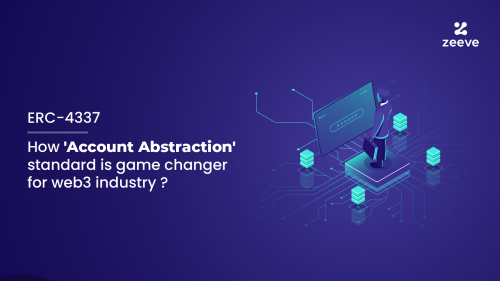
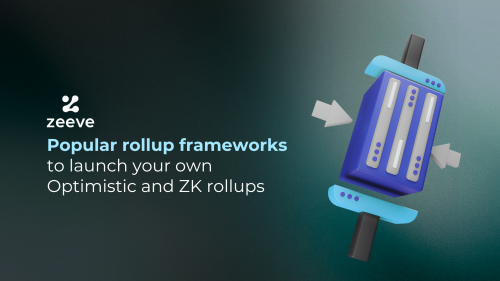
Responses